The perils of the live-shoot drama system
by javabeans
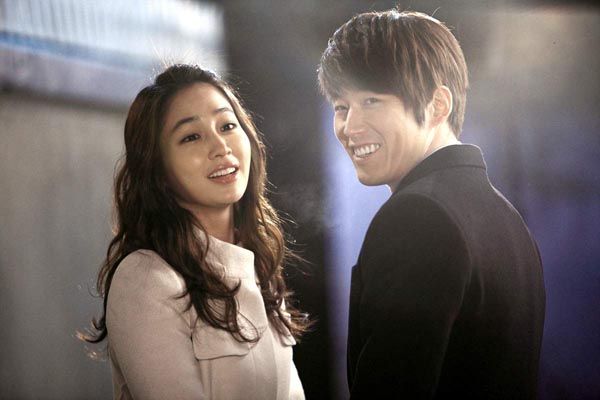
Midas
“I filmed all through the night until 6 o’clock this morning, and went home only to shower. We’ll have to pull all-night shoots tonight and tomorrow, too, to make the broadcast tomorrow.”
That’s direct from the lips of a drama lead: Yeom Jung-ah, playing the chaebol heroine of MBC’s Royal Family, which is now just halfway through its 16-episode run and already running into the live-shoot madness that comes with filming a drama practically in real time, week to week. And she’s not the only one; the other actors have expressed worry over how much longer they’ll be able to withstand such grueling shoots.
Its timeslot competitor, SBS’s 49 Days, had had similar concerns shortly after premiering; one source there said, “Our drama has a high chance of becoming a real-time, live-shoot drama right from the outset.” (Nooo! Not my pretty Jung Il-woo!)

Royal Family
A brief explanation about the live-shoot system:
Miniseries and special production dramas typically begin filming a month or two in advance of their premieres, although there are some that begin filming several more months before that (reasons: special effects, location shoots, production considerations like large-scale battle scenes). I’m excluding daily dramas, long-running serials, and sitcoms from this because those can have different schedules.
This head start allows dramas to have a few episodes in the can before the episodes hit the air, but the demands of production can catch up mighty quickly after that, and soon shows will be filming episodes the week they air. Two episodes per week means that each episode gets a few days for filming and editing, with not much room for extensive reshoots and the like. Sleep deprivation is a given; mistakes a distinct possibility.
So why do people insist on producing dramas under these strenuous conditions? And no, masochism and inadequate planning aren’t adequate explanations.
It really boils down to ratings, which in turn equals revenue. A drama that hasn’t quite hooked viewers can quickly rework its direction, hoping that’ll yield better results. (Though we drama fans know from experience that this may be more likely to produce schizophrenic plotlines and crazy character behavior than anything else: Daemul replaced a writer and lost a PD; My Fair Lady got confused and suffered an identity crisis; Mary Stayed Out All Night replaced its writer and went insane.)
But on the other hand, there are cases where tweaks can work. Even a successful show wants to chase more success; producers can read the positive fan responses and load on the fanservice to amp even more excitement (Sungkyunkwan Scandal, Secret Garden, and Boys Before Flowers are a few such examples).

Sign
But that kind of mentality is hard on all involved, not least the actors who have to power through insane hours and lack of rest. Actor collapses are unfortunately common, as are IV drips for the overworked cast and crew. And remember all those car accidents that plagued Boys Before Flowers? Jammed schedules were definitely a contributing factor. Plus, tired actors make mistakes, which can lead to big injuries in action shoots.
Recently, actor Lee Soon-jae had some disgruntled words to say about the whole drama production system. The veteran of dozens of dramas (like My Princess, Daemul, Wish Upon a Star, Beethoven Virus, and the High Kick series) and over 100 films said, upon the finale of MBC’s weekend makjang drama Flames of Desire, “The script came out for this one week before the end so there was a little breathing room, but the scripts were a mess for My Princess. We must fix this.” The My Princess production was in virtually real-time shoots, which explains the choppy pacing toward the end, where we went from cute and banter-y to dreary dullness in the span of seconds.
Lee added, “Not long ago, a drama even had a broadcast accident,” quite possibly referring to the glitchy finale of Sign. “What kind of country makes dramas like this?” he asked. “With conditions like this, actors won’t want to do dramas. Or instead, they’ll go after huge salaries, with per-episode rates as high as 20 million won.”
One possible fix proposed by Lee Soon-jae is that the broadcast stations, who bear some responsibility for these conditions, make contract stipulations with the outside production companies requiring scripts to be released ten days in advance. It’s a good idea, though I say good luck trying to get that to happen.

Paradise Ranch
The issue can get complicated if you look at all the various factors involved in bringing drama production to its current state — it’s not just a matter of saying, “Well, just start shooting sooner then.” There’s the fact that increasingly, drama series are being produced by outside production companies and then licensed to the broadcasters, rather than being developed in-house as in earlier days. With broadcasters a step removed from the process, money seems to float to the fore as the big driving force of everything — everyone wants everything done fast, and as cheaply as possible.
Consider the case of pre-produced dramas, by which I mean those shows that are filmed months in advance, given ample time to edit and polish, and completed prior to premiere. These are appealing options for actors who might like to recall that mythical condition called sleep, and for crews who can indulge the luxury of spending more than a day in the edit room. Often praised for high production value, they have also, unfortunately, not historically done well with audiences. (Examples: Road No. 1, Paradise Ranch, Friend Our Legend, I Love You, Terroir.)
And if viewers don’t respond to these pre-produced shows, there’s no way to take audience tastes into account — so you’ve just thrown away an expensive project. And production companies have a lot smaller profit margins than broadcasters, so one failed drama can be a huge blow, adversely affecting future productions as well.
Yet even that’s a better scenario than the case where the drama doesn’t even get to air. (See: Birdie Buddy, and possibly also What’s Up and Poseidon). If you can’t get on the air, you can’t recoup your costs.
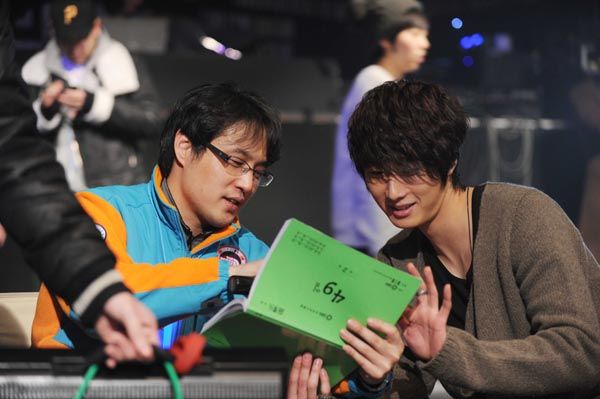
49 Days
Plus, if you can’t get an airdate, you’ll have a hard time attracting actors, as the MBC drama department head stated. “It’s difficult for us to give up our current schedule (for advertising, filming at the last minute) while considering that actors wouldn’t know when the show even aired [before committing].”
Royal Family’s Yeom Jung-ah is trying to roll with it, but it’s hard: “My character’s personality transformation is extreme, so there’s a lot of work for me to do, but the script comes out so late that I don’t have time to study.”
Midas, likewise, has fallen into live-shoot scenarios, and that drama has had even more troubles managing its story development, with viewers heaping on the criticism for developments (like the broken engagement between Jang Hyuk and Lee Min-jung) that don’t make sense.
All of which adds up to… one pretty complicated, quite possibly very broken system. One wonders what kind of catastrophe has to occur for the industry to pay some serious attention to fixing the problems. Sadly, nothing motivates quite like disaster — you’ll never spur a sea change in the production world on good intentions and positive energy.
Via DongA, Sports Khan
RELATED POSTS
Tags: 49 Days, drama production, Midas, My Princess, Royal Family, Sign
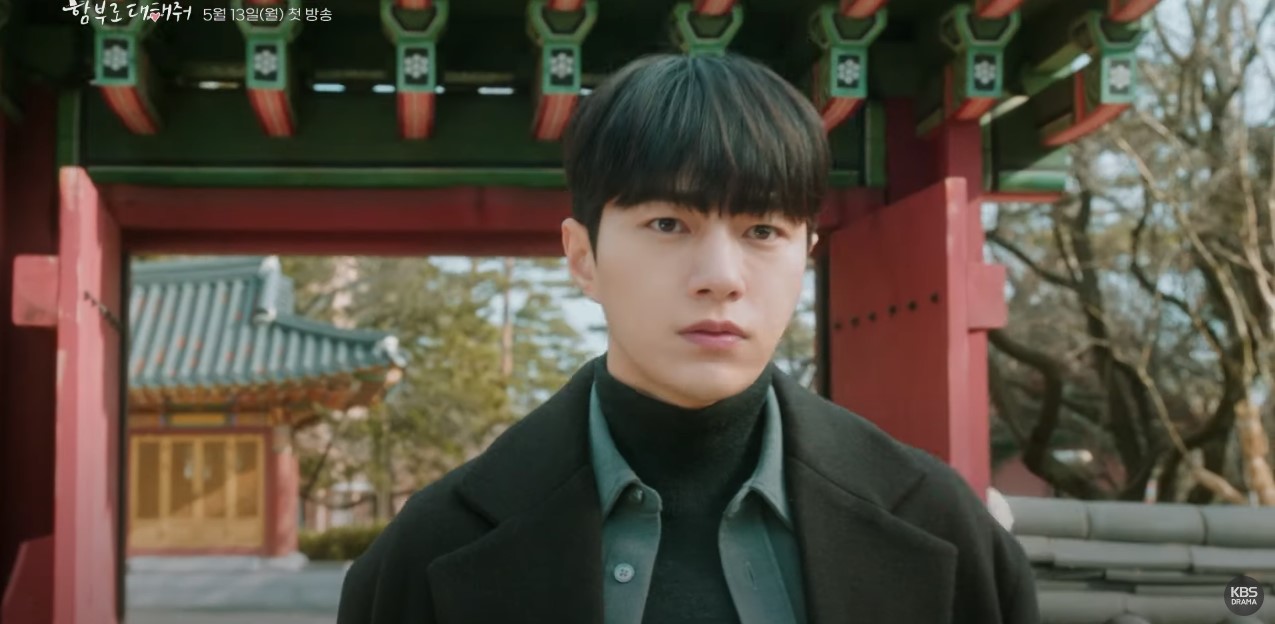



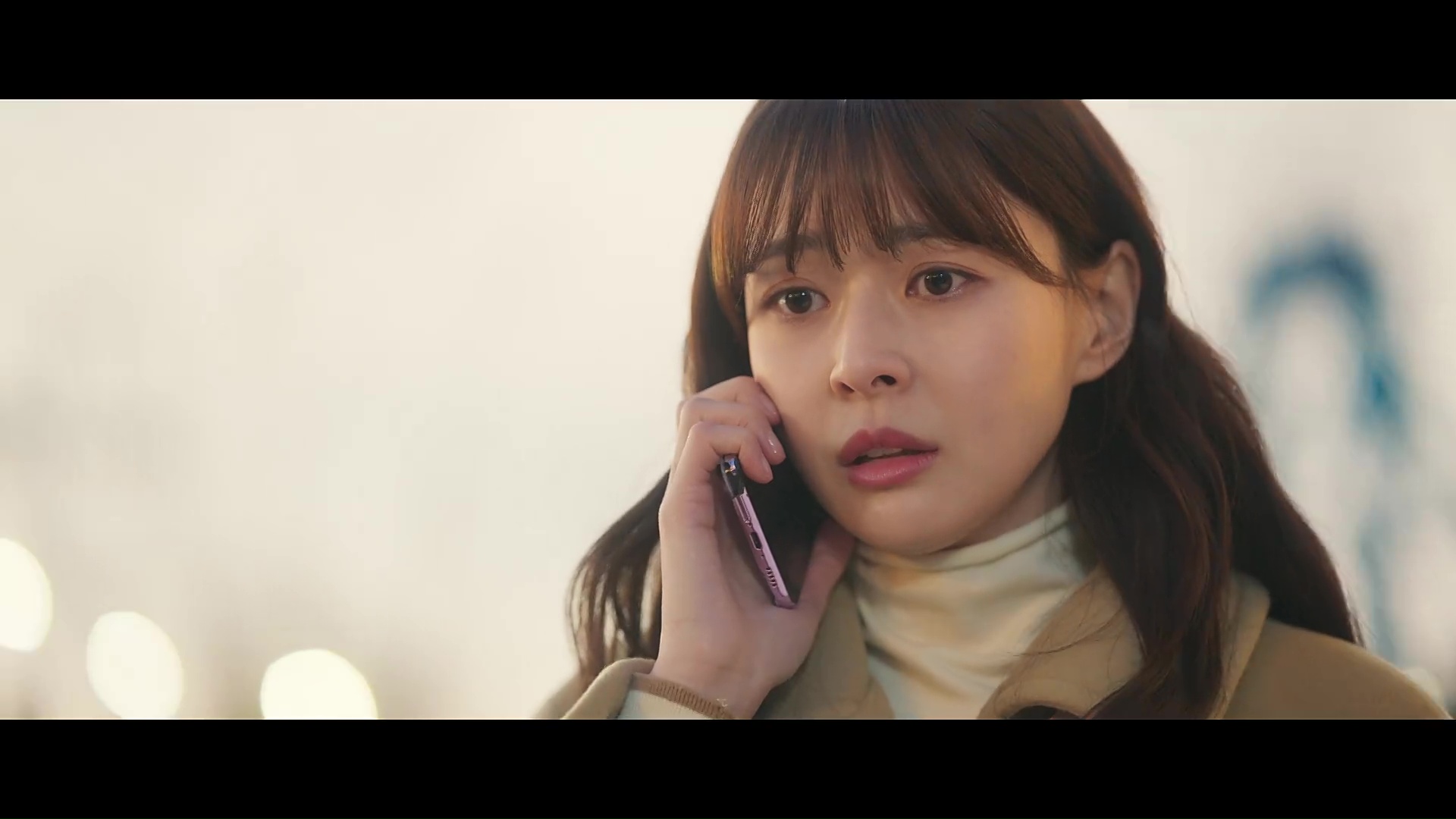
![[K-drama Treasure Hunt] Heart-fluttery bottle opening](https://d263ao8qih4miy.cloudfront.net/wp-content/uploads/2023/05/Kdrama-treasure-hunt.png)


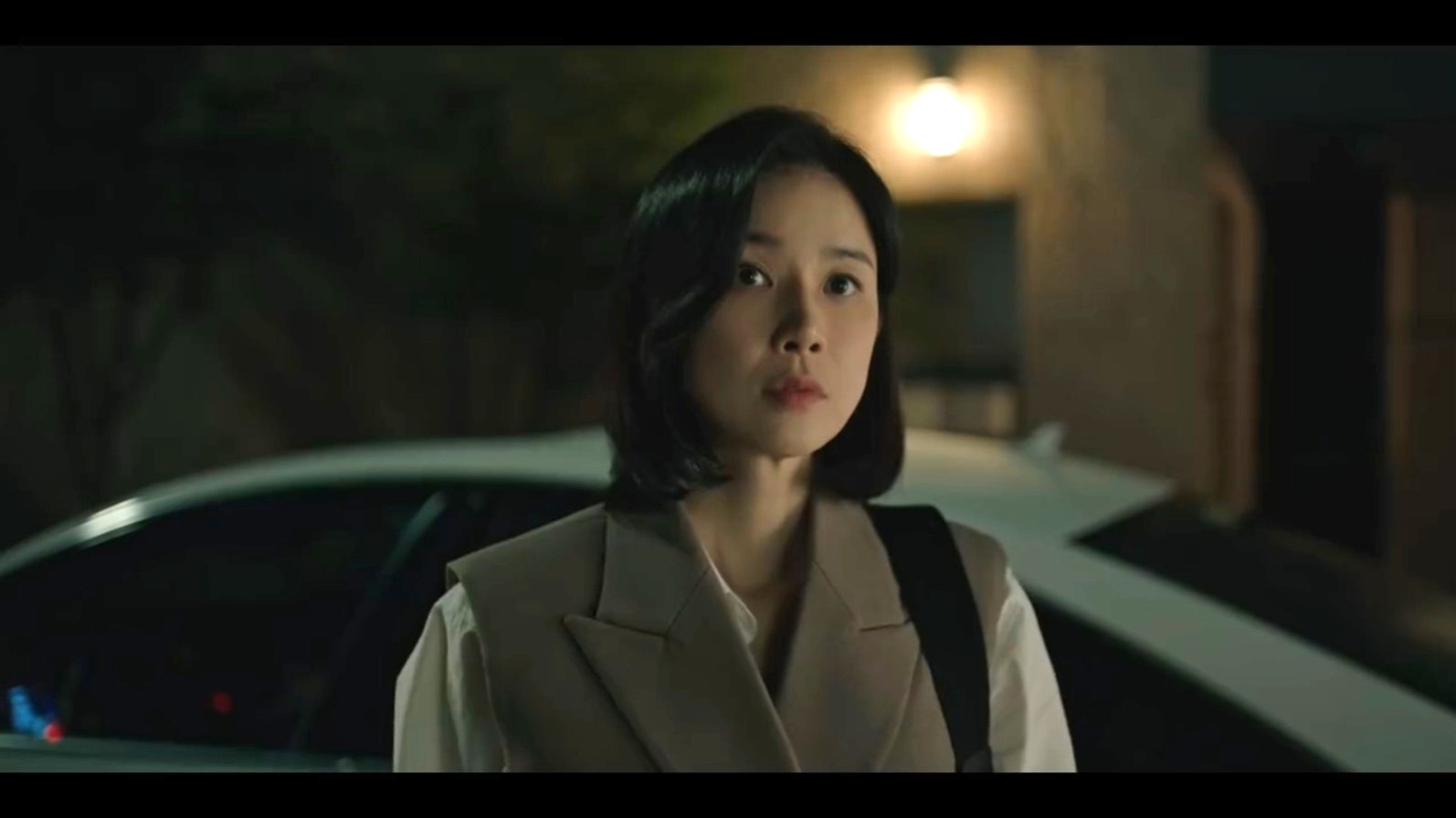
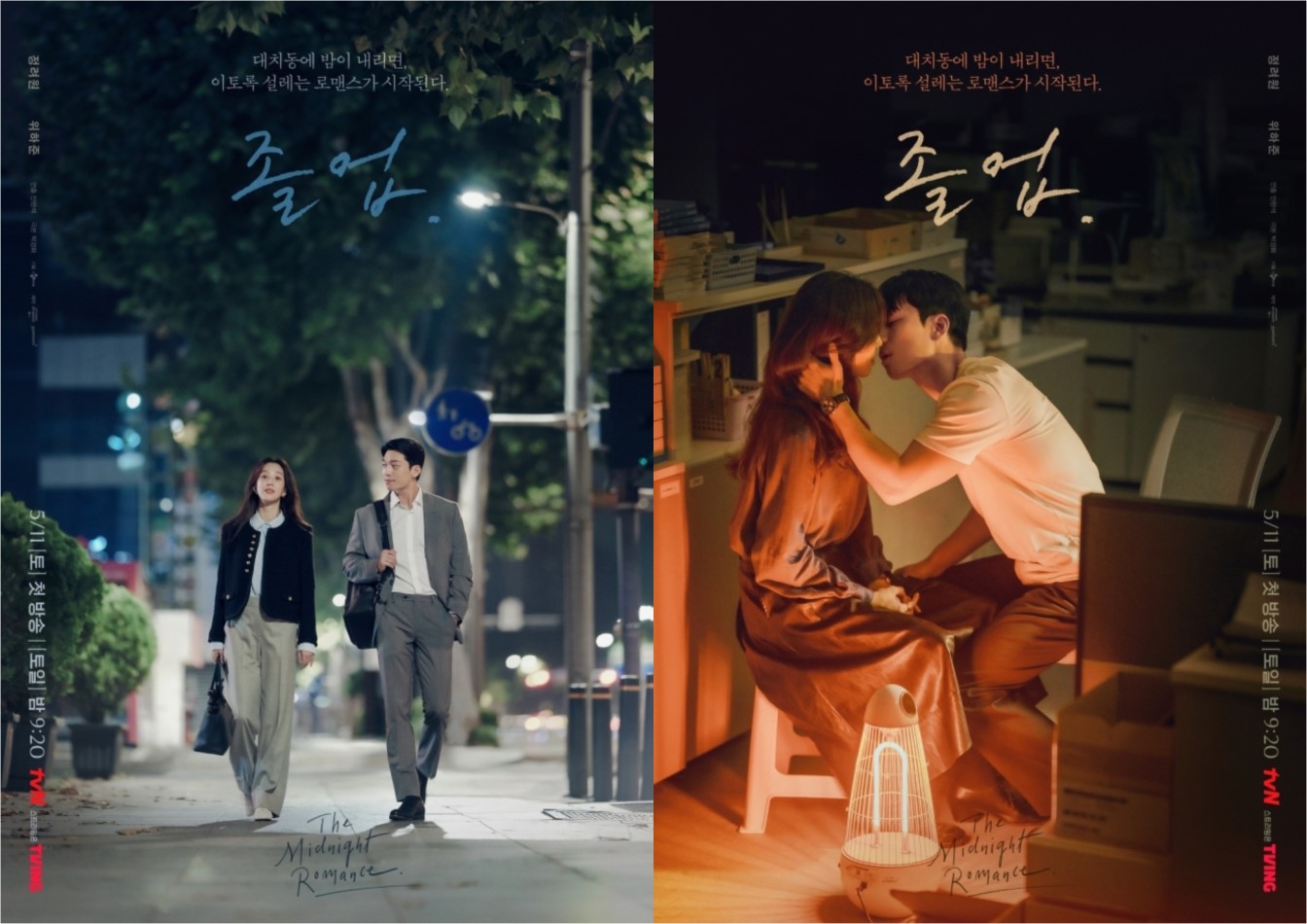
Required fields are marked *
Your email address will not be published. Required fields are marked *
51 rentz
March 28, 2011 at 6:31 AM
This happens a lot in filipino dramas and I should say that they suck especially at effects and much to say on the actors acting skills. Worse, they make the scripts like a live-shoot drama system wherein every oncoming script depends on the ratings of the previous episodes. All for the sake of making more money. I hope this doesn't happen in korea because if it does, then I wouldn't want to watch anymore dramas..huhu
Required fields are marked *
52 Kgrl
March 28, 2011 at 9:58 AM
The problem, I think, is that Korea's drama industry in the past decade has focused on only 1 reward: money. Even year-end drama award shows are highly influenced by popularity/ratings rather than the true quality of a production...which really gives broadcasting stations/production companies no real incentive to try up the quality of the production.
When you don't have another incentive, like critical acclaim/honors to balance the allure of monetary gain, the system is only going to further exacerbate. Telling the drama industry to change isn't going to work. They need to give it's companies some kind of "return" for their work, if it's not monetary, then it's got to be psychological/status.
Required fields are marked *
53 Steph
April 11, 2011 at 8:35 AM
Still, korean dramas are amazing and better than the rest of Asia's. Hong Kong may be able to compete in terms of plot and acting but quality of production is an issue. Taiwan dramas can compete in terms of cute and cute only. So, Korea is pretty amazing despite these faults.
Required fields are marked *
tamtam
December 13, 2011 at 4:02 PM
I don't think the issue is about whether Korea can produce the best drama in Asia, but rather, if this system is validated at all. It's safe to say, that the cons outweigh the pros. The sheer will of the production staff, and the money from making hit dramas allowed this system to prevail without much scrutiny.
Required fields are marked *
54 yeng
August 16, 2011 at 7:07 PM
ahha so no wonder why I always see dark ciricles....feel bad for them.
Required fields are marked *
55 tamtam
December 13, 2011 at 3:55 PM
I hope with the high quality cable drama trend in bloom, it'll force these networks to rethink the system. It still baffles me that's how most Kdramas are made. It's by sheer will and dedication that some are so nicely produced.
Required fields are marked *
56 Floyd
September 13, 2014 at 12:18 AM
Birdie Buddy was actually very good.
Required fields are marked *
57 Seo Young
December 3, 2016 at 12:21 AM
Seo Young My Daughter was one of the wackiest in terms of continuity.
Required fields are marked *